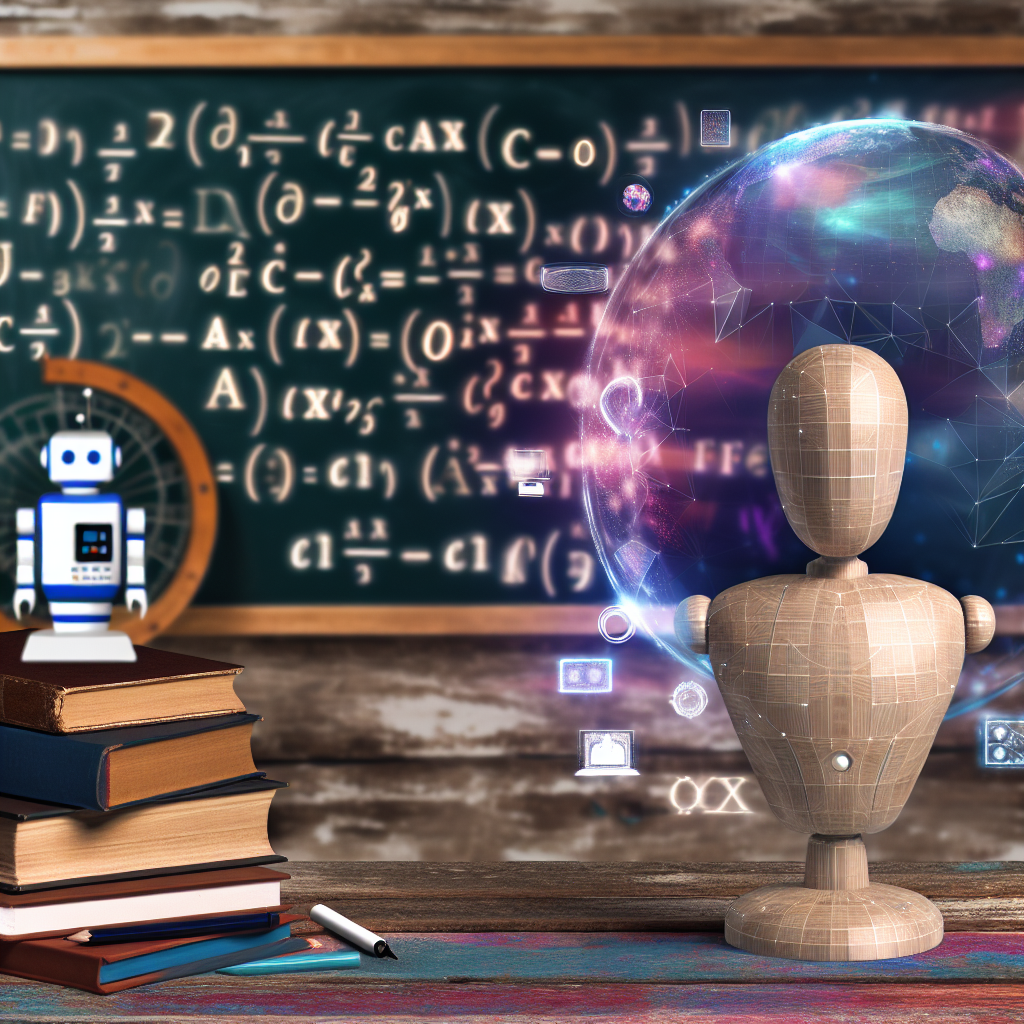How AI's Rise is Reshaping Liberal Arts Education: Future-Proofing Skills in Higher Ed

“This is really a significant factor in employment and of course, those of us in higher education are monitoring it closely because we want to be able to give our students the skills that will enable them to thrive in this emerging workplace environment.” — Ray Schroeder, Senior Fellow at UPCEA
The Emerging Influence of AI on Liberal Arts Education
The rise of artificial intelligence (AI) in the workplace heralds a transformative shift that is set to significantly affect the landscape of liberal arts education. Experts like Ray Schroeder, a senior fellow at the University Professional and Continuing Education Association (UPCEA), predict that traditional blue-collar displacement by robotics in the 1990s will now extend into white-collar professions, including roles requiring advanced degrees, such as law.
High-Demand Skills in the Age of AI
As AI continues to evolve, it brings with it the automation of technical jobs previously assumed to be secure from such advancements. In this context, skills like critical thinking and creativity are emerging as highly coveted competencies in the job market. Schroeder foresees significant changes within the next three to four years, emphasizing the urgency for higher education institutions to adapt their curricula to better prepare students for this new employment paradigm.
Challenging Conventional Assumptions
An intriguing perspective in this discourse highlights the potential for AI to disrupt highly skilled professions—a viewpoint that challenges the mainstream belief that only low-skill jobs are at risk. Such insights serve as a compelling prompt for educators and policymakers to reconsider their strategies and assumptions.
Educational Imperatives and Opportunities
From a critical standpoint, the article is both timely and relevant, though it does fall short in providing comprehensive empirical evidence to bolster its claims. Nonetheless, the forward-thinking narrative underscores a critical educational mandate: equipping students with versatile, future-proof skills. Higher education institutions must foster an environment where creativity and critical thinking are not just encouraged but rigorously cultivated.
Actionable Steps for Educators
To stay ahead, educators should embrace adaptive learning frameworks that are responsive to industry changes. By doing so, they can empower students to thrive in a rapidly transforming job market, ensuring that they possess not only the knowledge but the practical skills needed to navigate and succeed in an AI-driven world.
